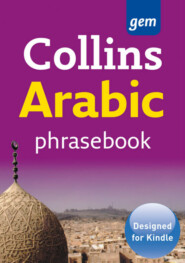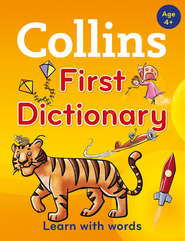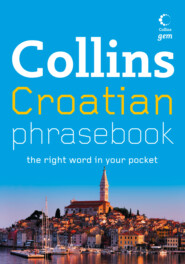По всем вопросам обращайтесь на: info@litportal.ru
(©) 2003-2025.
✖
Collins Primary Grammar, Punctuation and Spelling
Автор
Год написания книги
2019
Настройки чтения
Размер шрифта
Высота строк
Поля
I have an aunt who lives in Australia.
whom: You use whom when the antecedent is the object of the second clause.
It was the same man whom we had seen earlier.
whose: You use whose to show that something belongs to the antecedent.
Scott has a brother whose name is Jamie.
which: You use which when the antecedent is not a person.
We took the road which leads to the sea.
that: You use that when the antecedent is not a person.
George brought the sandwiches that he had made the night before.
Determiners
A determiner is a word that you put in front of a noun to show more clearly what you are talking about. There are different kinds of determiners:
Articles
The word the is called the definite article.
the robot
the traffic
the footballers
The word a is called the indefinite article.
a caravan
a giraffe
a scooter
If the word after a begins with a vowel, you use an instead:
an animal
an umbrella
an orange pencil
Other determiners
Other types of determiners give different information about the noun:
• the distance between the speaker and the thing they are talking about:
• who owns the thing:
• how much or how many:
• the exact number:
one melon
the two brothers
fifty roses
ten thousand years
• how something is shared out:
Every child got a prize.
Each runner is given a number.
Either team could win on the day.
Neither side is playing well at the moment.
Verbs
A verb is a word that tells you about an action.
Emily plays the guitar.
The children ran across the field.
We always listen to the radio in the car.
Andrew is a Scout.
Tense
The tense of a verb tells us when the action takes place.
Present tense
If the action is happening now, you use the present tense. There are two types of present tense you can use:
Simple present tense: For this you use the verb as it is, or add an ‑s at the end:











